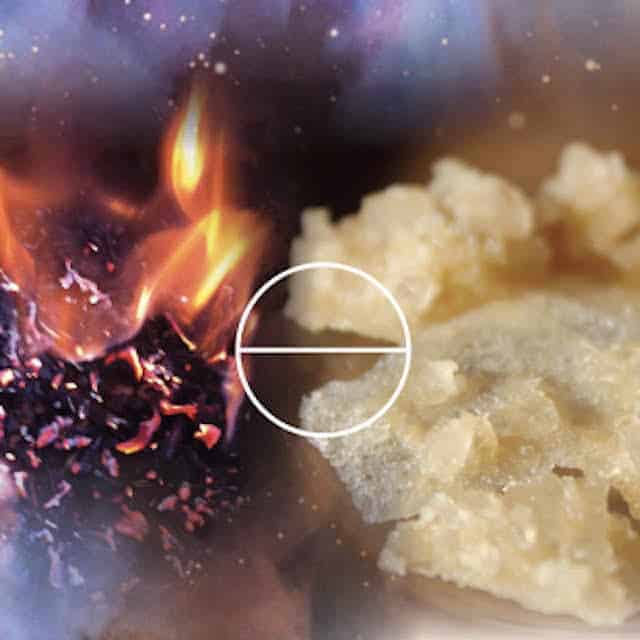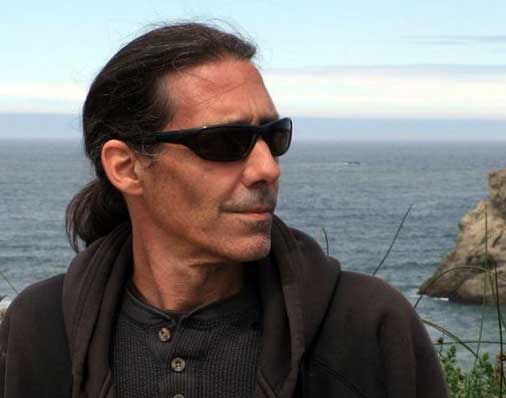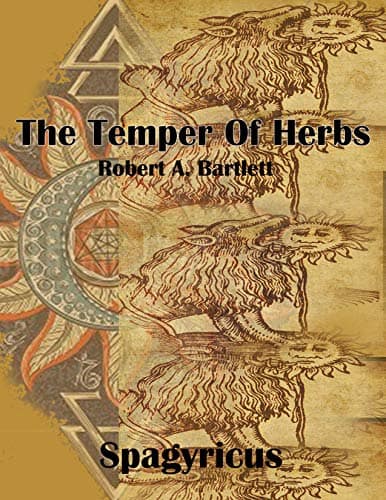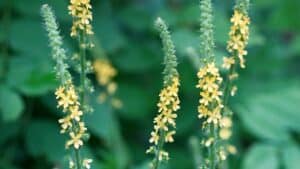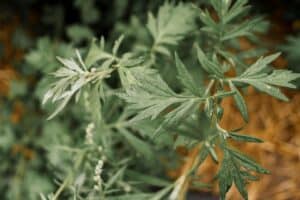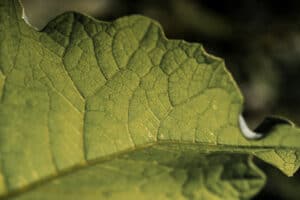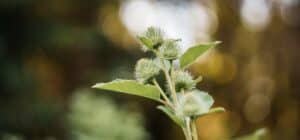When we talk about herbalism and alchemy, it can often seem like we talk only about the past. We know herbalism and alchemy have been used throughout history by every civilization around the globe. We go back to the ancient teachings and ancient resources and learn from the teachers of the past. We spend time reading books of all kinds: texts by the ancient authors, historical accounts of alchemy and alchemists, and herbal reference works.
Sometimes it feels like there’s nothing new to be discovered… that it’s all been discovered in the past.
But the art of alchemy has continually developed and refined and evolved over the centuries. Alchemy isn’t just “Here’s this little box of knowledge, and if you learn this, that’s everything you need to know.” There are constantly new discoveries. Alchemy is continually growing, continually expanding.
Ironically, one of the ways it’s growing and developing and changing today comes from the very field of study that grew out of it: chemistry. In our modern world, people often want hard scientific evidence that something works or that it’s safe or that it’s effective. And with herbalism and alchemy, chemistry is helping to bring some of that scientific validation.
Chemistry does that in at least two ways. First, modern chemistry equipment can help us study plants and tinctures and ash and oil and so much more in ways that have never been possible. We can precisely distill materials. We can tell what temperatures certain changes or reactions occur at. We can experiment with our herbs and remedies in ways alchemists of old would have loved to have been able to do.
This ability leads into the second way chemistry is helping to change alchemy. With that modern scientific precision, we’re able to provide scientific proof that herbalism and alchemy “work,” that they heal. We’re able to get so much more data and proof and documentation than even just 100 years ago. In turn, that leads more people to listen to alchemists and to take the remedies seriously, which leads to more people becoming interested in alchemy, which leads to more people experimenting, which leads to more new discoveries and data. It’s a virtuous cycle that modern alchemists can cheer.
Now, if you’ve practiced alchemy for any length of time, you’ve probably had people ask you whether it’s connected to chemistry, or how it’s different than chemistry, or some similar question. They’re interesting questions to think about, and ones that my guest on this week’s podcast episode has thought about for decades.
My teacher Robert Bartlett is one of my favorite guests to have on the podcast. He’s already been on several episodes, and I’m sure he’ll be on many more. Robert recently retired from his career as a practicing chemist and is now able to focus full-time on alchemistry. Before he retired, I used to say that Robert was a chemist by day, alchemist by night. Now, I guess he’s an alchemist by day and night.
In this episode, Robert and I have a deep discussion on the differences between chemistry and alchemy. Robert reveals how chemistry has had a profound impact on his study of alchemy and spagyrics. Robert’s day job allowed him to run experiments that most alchemists can only dream of. And that tinkering led him to discover many more questions and possibilities for future alchemists to explore.
As you might be able to tell, I continue to be fascinated by Robert and his work, and I learn several new things every time I talk with him. I always enjoy sharing our conversations with you and giving you a peek into what our discussions are like. I know that in my own studies, I often learn as much about herbalism and alchemy by listening in on conversations as I do reading books. Besides the new information I learn, I also learn what kinds of questions to ask, how to approach my own experimentation, and so on.
So I hope you enjoy this week’s episode: my interview with Robert Bartlett about the relationship of chemistry and alchemy, what his work as a chemist allowed him to do that other alchemists couldn’t (and what he hopes future alchemists can do to build on his work), his answer to a question I get from a lot of new spagyricists, the topic of his next book, and so much more.
And if you’re interested in checking out his latest book, I highly recommend this read called The Temper of Herbs. It’s a beautiful summary on contemporary research and investigation of the alchemical methods for determining plants and mineral properties. Based on the work of the old traditions on alchemy including the golden Chain of Homer and you can get it on kindle for only 3 bucks!


